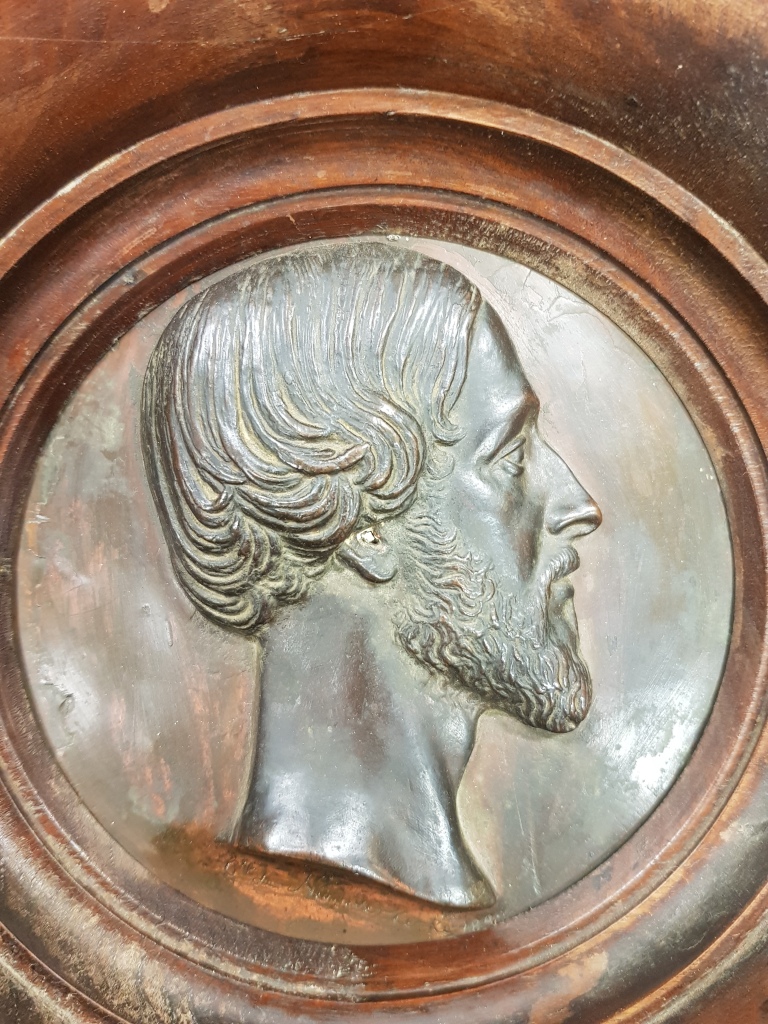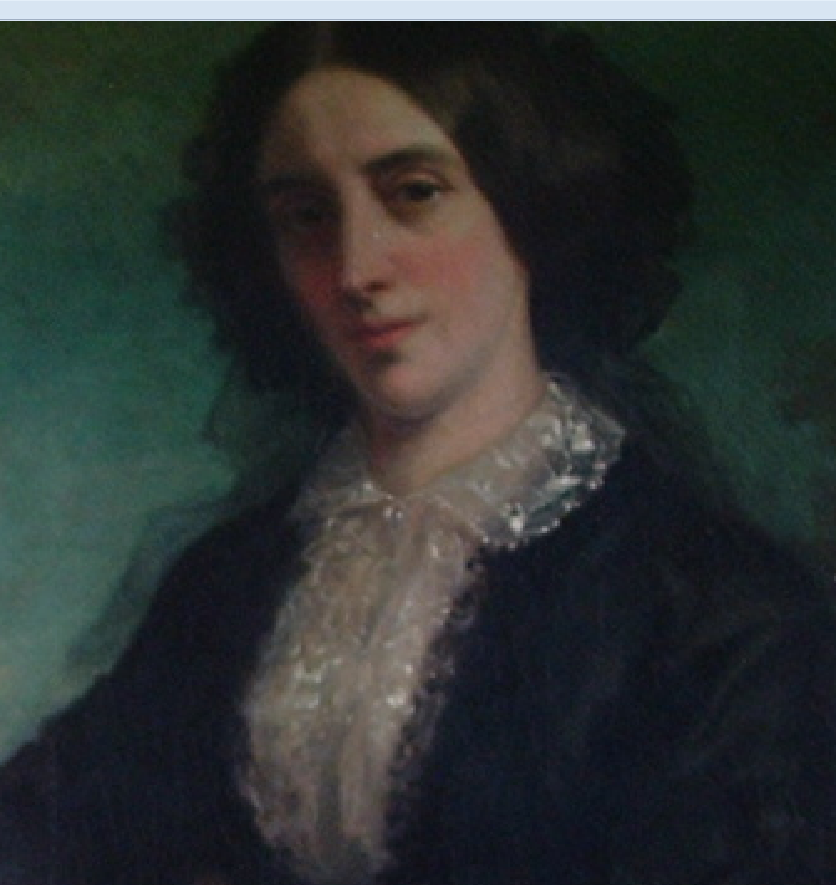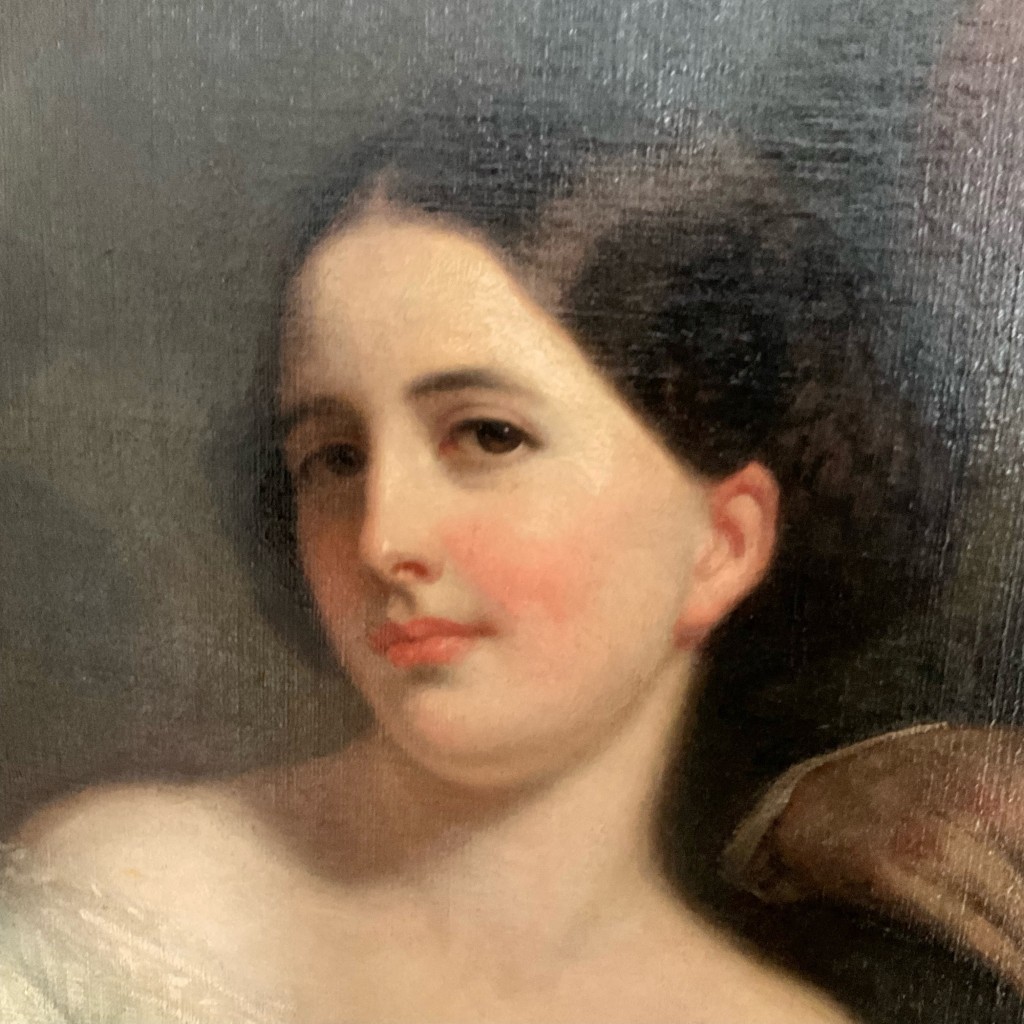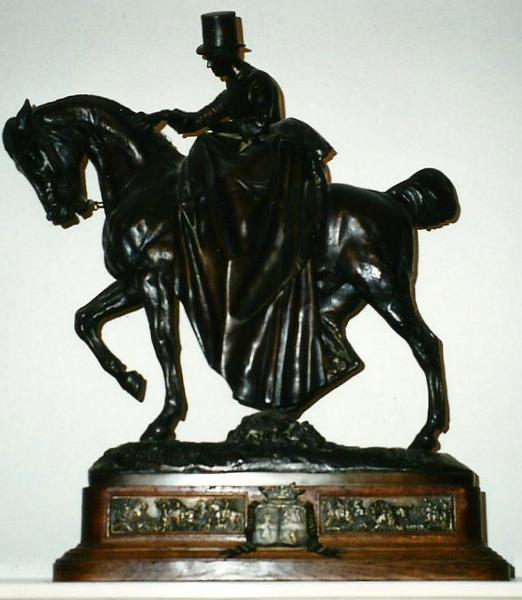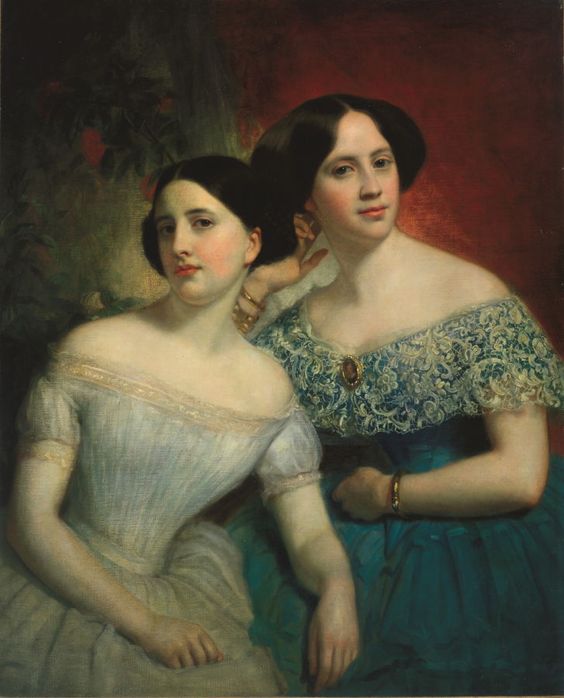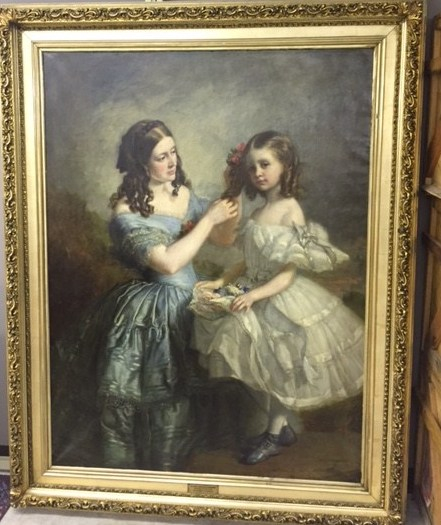Below is a series of biographical notes about James Jauncey senior – father to William, and Jane Mary’s father, John. (Jane Mary then married Herman Thorn and they called one of their boys James. James Thorn was forced to change his name to James Jauncey to inherit his uncle’s money).
The elder Jauncey’s (James and his brother, John) came from Bermuda and ran several privateers as mentioned in the previous post. The money the Thorn’s inherited came to them through the Jauncey legacy of merchant shipping. (**Because the first names were repeated over generations, it can become quite confusing.)

James Jauncey (c1715)
In 1765, during the Stamp Act crisis, he agreed to abide by the non-importation agreements. He was elected to the General Assembly in 1768, but was not seated until 1769. He served through 1775, when the Assembly was dissolved. He, James DeLancey and Jacob Walton generally directed affairs in the Assembly.
In 1774 he was a member of the Committee of 51 that remonstrated against the arbitrary course of the British Parliament. He returned to England after the war where he died in 1790. His sons were William, James and John (Jane Mary’s father).
Interestingly, I found this character role sheet for a course at Uni of Florida based on James Jauncey. It gives another good snapshot of the man:
You are a merchant who emigrated from Barbados in the West Indies, along with your brother John, to New York in the 1740s. You started out as a master of trading vessels between New York and Jamaica, participating in the lucrative colonial British trade established by the Navigation Acts. After several years of successful seafaring, you used your profits to set up a merchant house along the East River, buying several ships and successfully dealing in dry goods, iron products, and a variety of wares from both Europe and the West Indies.
During the Seven Years’ War, you participated in smuggling from colonies owned by other European nations in the West Indies; most notably, you transported logwood from Spanish colonies to Amsterdam without paying the duty. In fact, most dry-goods merchants engaged in West Indies smuggling in the 1750s, selling grain to French and Dutch colonies and returning to New York with molasses and sugar, all in violation of the Navigation Acts.
The pursuit of profit tied you to the British Empire in other ways in the 1750s. You outfitted colonial privateers: ships authorized by the British during the war to attack merchant vessels of the French enemy and keep the cargo as a reward. In 1758, the British customs office appointed you one of the wardens of the port of New York, a position that you held until recently (1774).
Your position as warden obviously helped you to smuggle; you knew the port, the law, the loopholes, and the bribes needed to import any product that you or your friends might wish to handle, and these advantages enhanced both your wealth and your ambitions.
In the 1760s, you helped found the Chamber of Commerce for New York; you became a leading member of the Wall Street Presbyterian Church; and you were elected to the Provincial Assembly in 1768 where you served continuously as a member of the Delancey faction until the Assembly dissolved in 1775.
During this period you made a political enemy for life in Patriot John Morin Scott, whom you defeated for a seat in the Assembly. Scott attempted to bar you from office on charges of corruption, but the Assembly (dominated by Delancey) acquitted you by a large majority. Initially, you opposed the Stamp Act and supported non-importation as a remedy in 1765, but as the crisis has progressed you have come to view the radical Patriots as the cause of current problems.
Your business has suffered in the last few years due to various non-importation arrangements, and now the Association promises to destroy you by ending not only your import business from the British West Indies but also your export business thereto. You were in the majority of the Assembly in early 1775, when it voted not to implement the Association.


